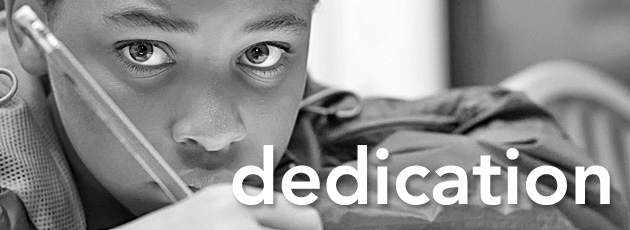My practice is statewide. I have represented families in many school districts throughout the state including: Stamford, Greenwich, Darien, Norwalk, New Canaan, Danbury, Newtown, Ridgefield, Easton, Redding, Wilton, Weston, Fairfield, Bridgeport, Stratford, Orange, New Haven, Woodbridge, Branford, Guilford, Madison, Old Saybrook, East Haddam, Colchester, Groton, Ashford, Mansfield, Killingly, Putnam, Bloomfield, Canton, West Hartford, and various regional school districts.
I represent families whose child meets the definition of child with a disability as defined by the Individuals with Disabilities Education Act (IDEA). In addition, the child would have to benefit from the provision of special education and related services. The following are the IDEA’s definition of child with a disability:
- Specific Learning disabilities (LD) including non-verbal learning disabilities (NLD), dyslexia and dyscalculia (math learning disability)
- Autism Spectrum Disorders (ASD) including Asperger’s Syndrome
- Intellectual impairment (i.e. Intellectual disability, Down Syndrome, Williams Syndrome)
- Speech and language impairment (i.e. Apraxia)
- Other health impairment, including Attention Deficit Disorder (ADD), Attention Deficit Hyperactivity Disorder (ADHD) and certain medical conditions
- Children ages 3-5 (in Connecticut) experiencing developmental delays
- Emotional disturbance
- Deaf and blindness
- Hearing impairment
- Orthopedic impairment
- Traumatic brain injury
- Visual impairment
- Multiple disabilities
In addition, I represent children and adults who have disabilities (physical and mental impairment) and do not require special education services who may be eligible, however, for reasonable accommodations/modifications under Section 504 or the Americans with Disabilities Act. In these situations, there is not a list per se of disabilities that are covered by these two federal laws.
Examples:
- Appeals and denials of applications to certain state agencies.
- Discrimination at places of public accommodation (colleges, universities, post-secondary schools, businesses).
- Accessing state and local government services
- Housing discrimination



